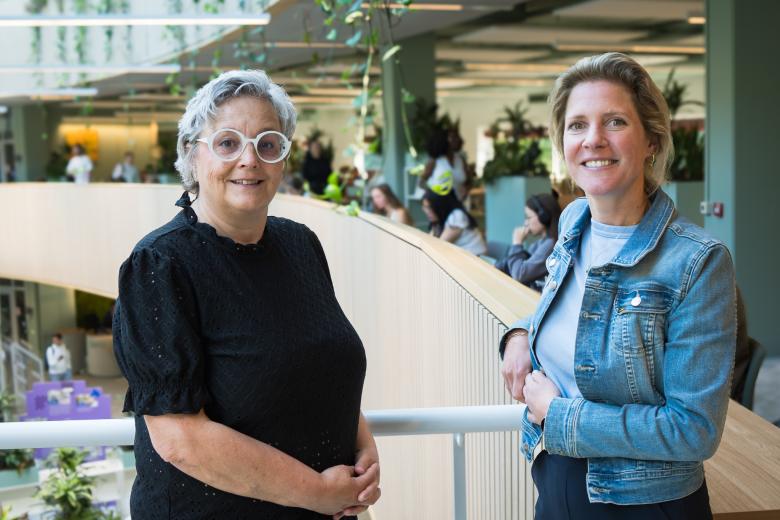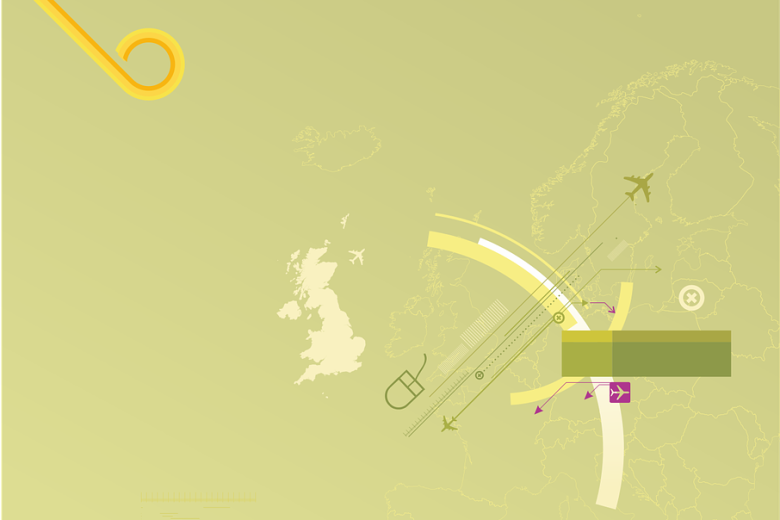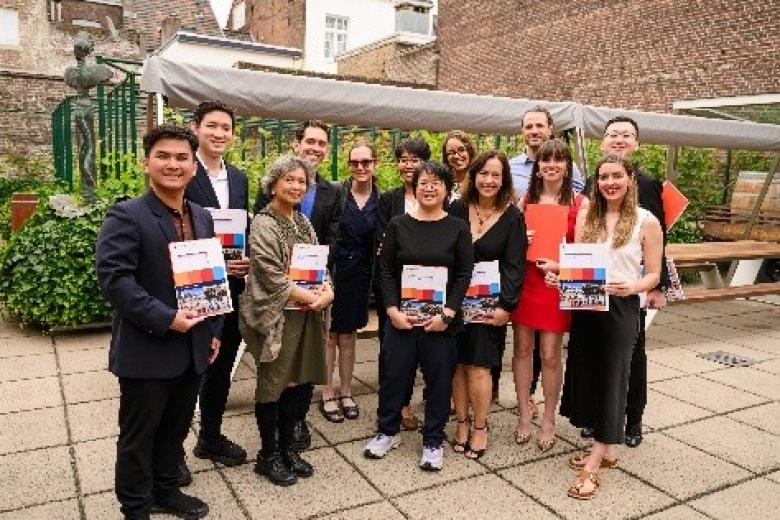Sally Wyatt and Annika Richterich receive PhD funding within AI program ROBUST
ROBUST, a new initiative by the Innovation Center for Artificial Intelligence (ICAI), is supported by the University of Amsterdam and 51 government, industry and knowledge-sector partners including Maastricht University. The programme aims to strengthen the Dutch artificial intelligence (AI) ecosystem by boosting fundamental AI research.
ROBUST focuses primarily on the development of trustworthy AI technology for the resolution of socially relevant issues, such as those in healthcare, logistics, media, food and energy. The research sponsor, the Dutch Research Council (NWO), has earmarked 25 million euros for the programme for the next 10 years. The total ROBUST budget amounts to €87.3 million, of which €7.5 million comes from the Ministry of Economic Affairs and Climate Policy.
Several UM faculties are involved in ROBUST. At FASoS, Sally Wyatt and Annika Richterich will be supervising a PhD project about bias in media recommender systems. To do so, the PhD will work closely with media conglomerate RTL. Details of the PhD vacancy will be circulated soon.
More information can be found on the UM website.
Also read
-
Randwyck Library and the river of knowledge
Monique Notermans and Meike Kerkhofs-Welkenhuizen witnessed the vision behind a modern library come to life.

-
M-EPLI PhD Research Spotlight on Blessing Eze
M-EPLI PhD researcher, Blessing Eze, is examining the role of private documents in regulating global value chains.

-
MHPE: Looking back and going forward
During the MHPE Campus Period last month we welcomed a new cohort of MHPE students and enjoyed seeing back those who are starting up their Master thesis projects. We are now preparing to hand over to a new MHPE Management Team that will take over on the 1st of September 2025.
